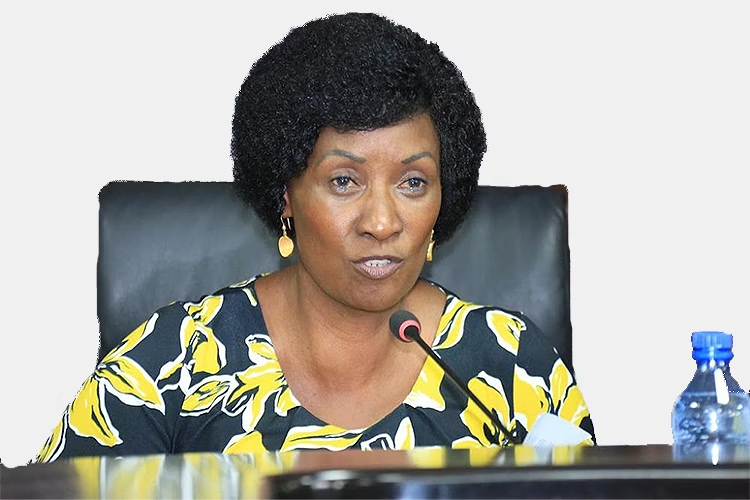
Kenya’s Teachers Service Commission (TSC), enshrined under Article 237 of the Constitution to oversee merit-based recruitment, management, and discipline of teachers, is under threat from growing political meddling. Since 2012, TSC CEO Nancy Macharia has steered significant reforms, but her leadership now faces intense scrutiny as politicians increasingly bypass formal procedures to award TSC appointment letters to loyalists rather than the most qualified candidates.
Under normal conditions, TSC adverts vacancies publicly, assesses applicants by qualifications and experience, conducts interviews, and issues appointment letters that legally authorize teachers to work in public schools. These letters are pivotal career documents, certifying that holders meet rigorous pedagogical and academic standards.
Yet, in recent years, certain political figures have circumvented this transparent pipeline, pushing through underqualified individuals to secure votes and cement local influence transforming teacher recruitment into a tool of patronage rather than a process grounded in competence.
This trend carries direct repercussions for educational quality. Teachers hired through political patronage often lack the necessary training or subject‐matter expertise, leading to classroom underperformance and compromised learning outcomes. School administrators are forced to redirect scarce resources toward remedial training, while qualified candidates who follow all steps of the official process watch their opportunities evaporate.
Public trust erodes as parents and communities witness underqualified appointees struggling with lesson delivery, undermining confidence in a system meant to uphold excellence.
Nancy Macharia’s stewardship of TSC has introduced valuable innovations, yet critics argue that stronger institutional safeguards are urgently needed. First, the establishment of independent oversight such as periodic audits of recruitment decisions by an external body would deter covert political interference.
Second, implementing a fully transparent, digital recruitment platform would allow real-time tracking of each application, making every stage from vacancy announcement to letter issuance publicly accessible and tamper-proof. Data analytics could flag irregularities, ensuring that deviations from merit criteria are immediately investigated.
Also read: TSC Promotion Letters Delay Worries Teachers Across Kenya
Legislative reforms must also reinforce TSC’s autonomy. Clear legal demarcations between political offices and the commission’s mandate would prohibit elected officials from influencing recruitment. Sanctions for abuse ranging from fines to removal from office should be codified, while robust whistleblower protections would empower insiders to report misconduct without fear of retaliation. Such measures would cultivate a culture of accountability, sending a strong message that teacher appointments cannot be traded for political favors.
Equally important is enhanced public participation. Regular town-hall forums and online portals where parents, civil society groups, and educators can review recruitment statistics, question anomalies, and offer feedback would deepen transparency. When communities see that every appointment is justified by documented qualifications, trust in TSC’s processes will be restored.
The future of Kenya’s education system depends on attracting and retaining skilled, dedicated professionals. By recommitting to merit-based recruitment and equipping Nancy Macharia with the legal and operational tools to resist undue influence, the Teachers Service Commission can reclaim its constitutional purpose.
Teachers selected for their expertise rather than their connections will deliver higher-quality instruction, elevating student outcomes and reinforcing the principle that education is a public good beyond the reach of political maneuvering.

